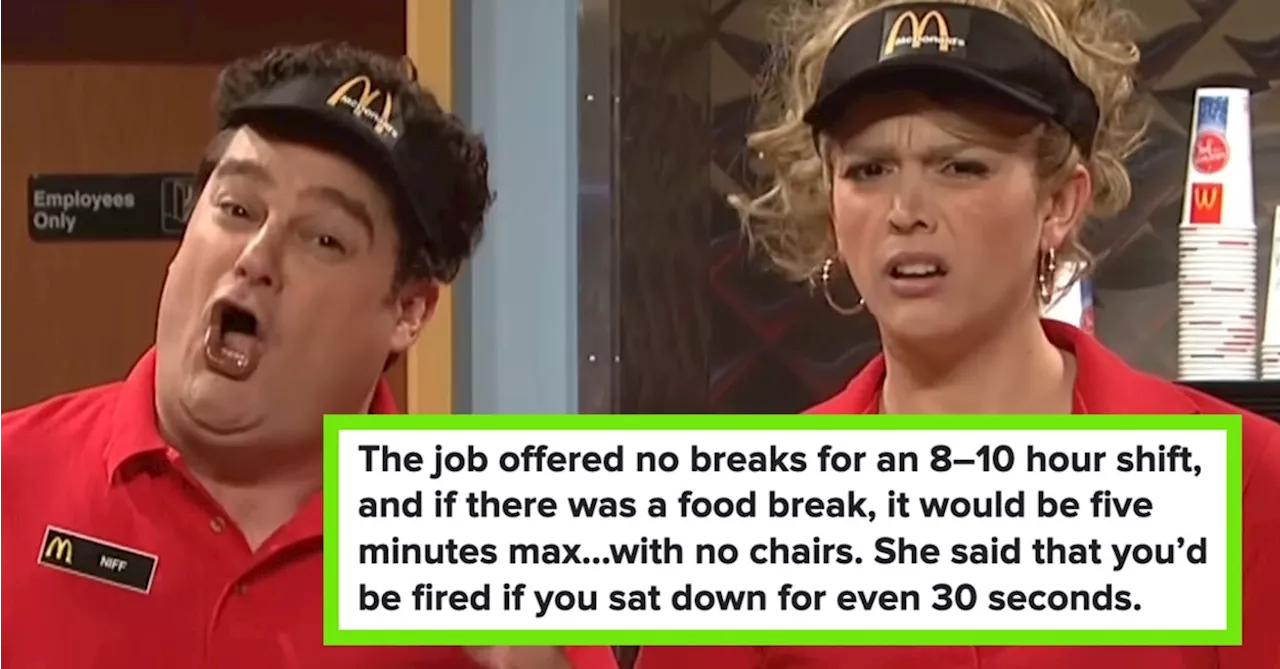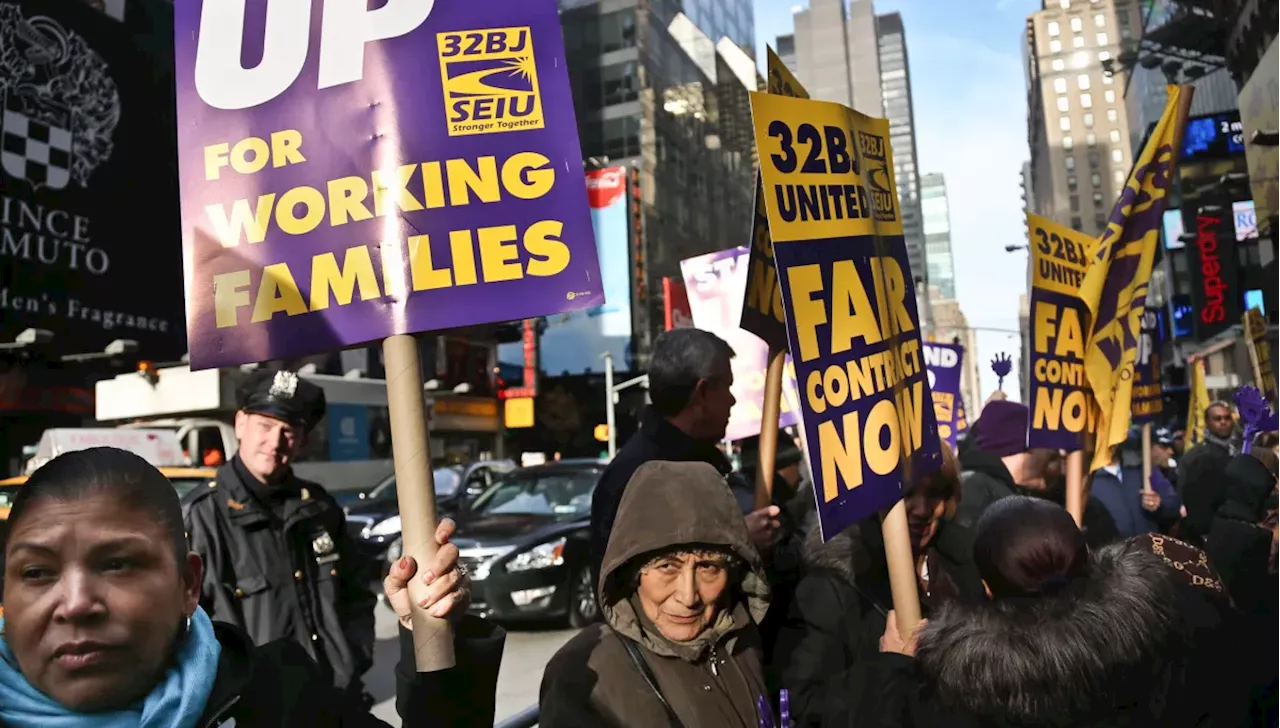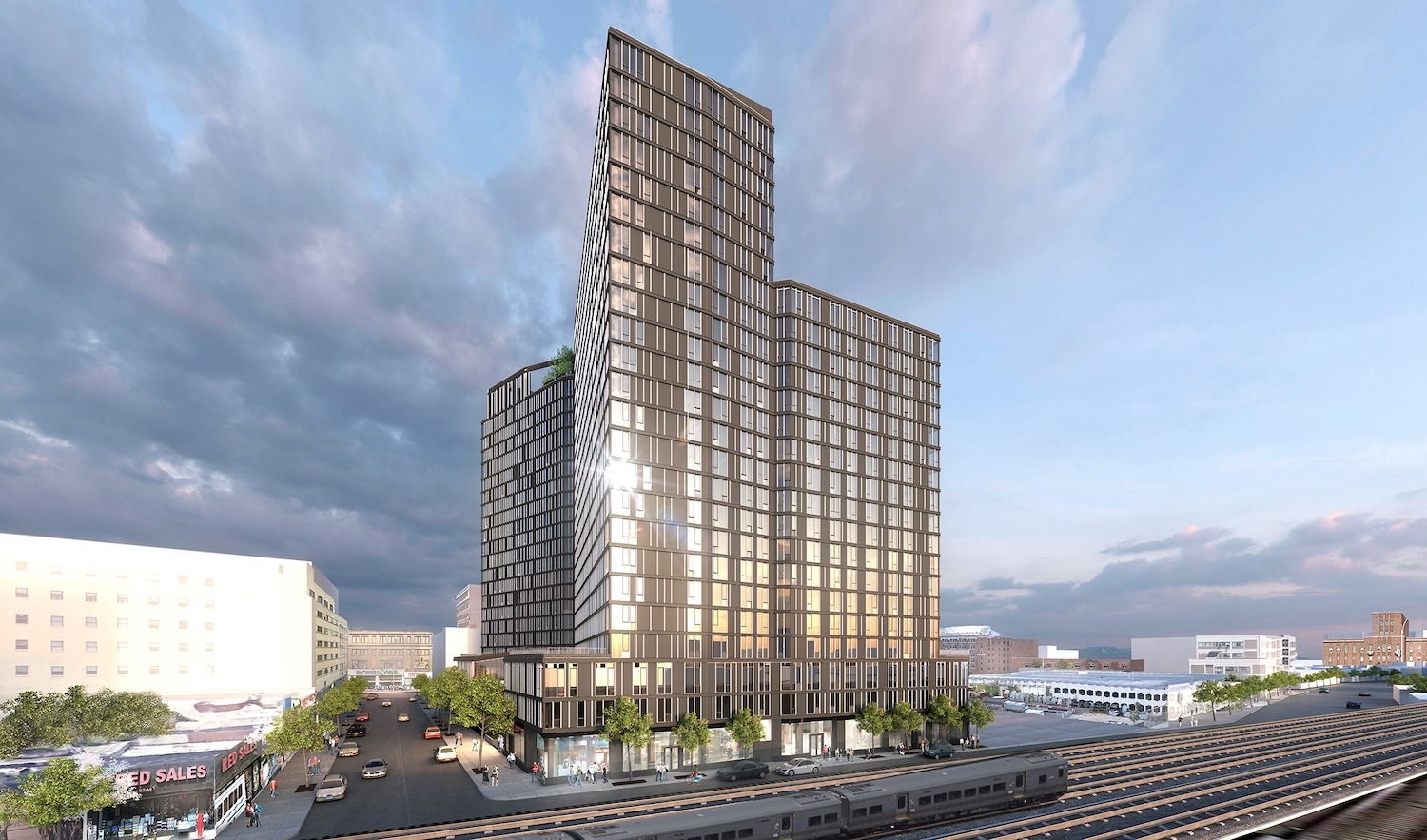Job seekers across various industries have recounted alarming experiences during job interviews, leading to their immediate exit from the process. A recent call for stories from the BuzzFeed Community revealed 29 instances of interviews so unsettling that applicants chose to walk out rather than continue.
The current job market presents numerous challenges for candidates, with many feeling overqualified for positions that often offer inadequate compensation. In this climate, the frustration mounts when interviews, which are supposed to be opportunities, devolve into situations rife with red flags.
One applicant shared a harrowing experience during an interview for a management position. After discussing their qualifications, the interviewer abruptly stated, “We said $30 on the posting because that’s what we used to pay, but we’ve realized that with the economy as it is, we can get great applicants anyway, so we’re only paying $15.” The individual left the interview feeling devalued, reflecting a broader issue where job seekers are offered less than expected in a competitive market.
Another account from a woman interviewing for a hostess position in Manhattan highlighted inappropriate behavior from a well-known chef. Upon meeting, he insisted she “let down her hair” and shockingly requested she “show him her breasts,” further illustrating a troubling dynamic that often exists in professional settings.
Some experiences were marked by overt disrespect. One candidate reported being greeted with a note attached to their résumé that read, “Has the personality of a rock.” This incident left the applicant questioning the interviewer’s judgment based on a brief interaction.
In another case, a candidate seeking a mailroom management role felt the interview took a bizarre turn when the interviewer criticized their use of “I” in responses, stating, “I’m concerned because we are about the team, and not the individual here.” This focus on semantics led the applicant to conclude the interview prematurely, sensing that the conversation had shifted from professional to absurd.
Working conditions also raised eyebrows during interviews. A candidate for a restaurant position was informed that there would be no breaks during an 8-10 hour shift, and if employees sat down for even 30 seconds, they risked termination. Such revelations reveal the alarming expectations some employers have regarding employee welfare.
Miscommunication and scheduling errors also contributed to negative experiences. One applicant arrived for a 1 p.m. interview only to find the interviewer irate for their supposed tardiness, despite an earlier email confirming the time. This kind of treatment can dishearten candidates who have made significant efforts to prepare.
The experiences shared by job seekers highlight a disturbing trend in the interview process, where candidates often encounter not just challenging questions but also inappropriate behavior and unrealistic expectations.
Interviews are meant to be a two-way street, allowing both parties to assess compatibility. Yet, these stories underscore the need for a more respectful, transparent, and welcoming environment in professional hiring practices. As job seekers navigate this challenging landscape, it is crucial to advocate for fair treatment and to recognize the signs of a potentially toxic workplace before committing to a position.







